Welcome
I started this blog in 2013 to share my reflections on reading, writing and psychology, along with my journey to become a published novelist. I soon graduated to about twenty book reviews a month and a weekly 99-word story. Ten years later, I've transferred my writing / publication updates to my new website but will continue here with occasional reviews and flash fiction pieces, and maybe the odd personal post.
|
My final two reviews of 2022 are tenuously linked by being set in closed communities in which unempathic people hold vulnerable creatures in their power. I refer to creatures less because the staff of the nightmare care home in the first novel don’t seem to regard their charges as human and more because the inmates of the second – where the compassion of the lowliest employee almost compensates for the attitude of her senior colleagues – are dolphins.
8 Comments
Humour is a tricky business, especially around serious subjects. Get it right, and you can entertain while inciting rage at injustice. Get it wrong, and you risk becoming the target of rage. So what did I make of these two comic novels? The first set in Blitz-blasted London, the second in contemporary Atlanta, which draws you most and are you able to guess which I’d prefer?
Only in court are we required to tell the truth, the whole truth and nothing but. In our ordinary lives, we stretch, bend and turn it inside out. Not always intentionally, or even consciously, but simply to smooth human interactions and present the best version of ourselves. In the first of these two novels, a Wild-West outlaw needs to create an alter ego to survive, while a frontiers woman needs to revise the details of a family tragedy in order to live with herself. In the second, a lie gives a teenage girl a reprieve from loneliness, and an elderly woman a chance to be heard.
Two British novels about the legacy of paternal violence for adult children, although the father’s tyranny in the first isn’t apparent until later on.
Pakistani author Mohammed Hanif and American Louisa Hall both published their third novels last autumn, both approaching the theme of war and weaponry from an oblique angle. Both employ multiple narrators of stories originating in America, but with different settings and tone. The first is a contemporary satire of the American military misadventures in Islamic lands; the second a philosophical exploration of bombs and betrayal, patriotism and paranoia around the development, deployment and aftermath of the original weapon of mass destruction.
Is satire redundant when the World’s Most Powerful Narcissist tweets his outrage at the slightest scratch on his orange-tinged carapace, while She Who Should Be Humbled files for divorce from Europe in the full knowledge that this will leave her dependants economically and morally depleted, and literally humbles the Bejewelled Great-Grandmother by committing her to take her New Suitor for a spin in her horse-drawn carriage? Publication proceeding at a slower pace than populist politics, these two novels – the first set in a dystopian near-future and the second in 2013 – were conceived prior to the dystopia that was 2016 but can still evoke a shudder in these early days of 2017.
Becoming a person: The Cure for Suicide by Jesse Ball & The Man I Became by Peter Verhelst22/2/2016 Let me share with you my reflections on two highly original novels about dissemblance and truth in the process of becoming a person. Although the publishers don’t do so, I’m classing both as slipstream fiction, a place between fantasy, sci-fi and literary fiction I’ve also explored in my own short stories. Read on, and let me know what you think.
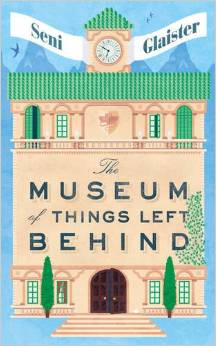 Sergio Scorpioni is the president of Vallerosa, a tiny land-locked country of rich red earth and steep ravines. With polling day imminent, Sergio is nervous, despite the fact that, in an elected dictatorship in which every job from postman to government minister is passed from father to son, his re-election is more or less confirmed. Lizzie Holmesworth is a well-meaning middle-class British student, keen to undertake some voluntary work with those less fortunate than herself as part of the Duke of Edinburgh’s award scheme. Arriving in Vallerosa on the overnight freight train – the country’s primary communication channel with the rest of Europe – Lizzie is overwhelmed by the beauty of her surroundings and the warmth of her welcome. What she doesn’t realise until much later is that the letter that preceded her, mentioning the Duke of Edinburgh’s award and bearing the image of Queen Elizabeth II on its stamp, has led them to expect a royal visitor who will endorse the government’s legitimately at this uncertain time. Reluctantly, she agrees to the president’s request that she continue with the pretence although, the more she learns about the country, the more she’s taken with the peacefulness of the lifestyle and the less she feels she has to offer. 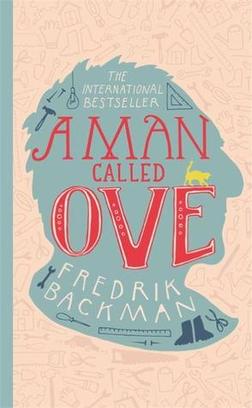 A man who’s always been suspicious of computers goes to buy an iPad. Unfortunately, he’s also highly suspicious of people, especially the white-shirts who seem intent to frustrate him with paperwork. The ensuing argument almost has him evicted from the shop. Meet Ove: a crotchety old geezer who’s thwarted every way he turns. He can’t even be left in peace to end his own life. I’m always intrigued when a novel worms its way so deeply under my skin I start behaving like the main character. So what if this was a million-copy bestseller, I wasn’t going to trust a writer who reckons the first thing I need to know is the age of his main character (fifty-nine), closely followed by the kind of car he drives (a Saab). To hell with the respectful approach I’d outlined in my post on my reading for reviews, this one was going to be a meditation on the minutiae of getting it wrong. Never mind that, in going to test drive a new car (not a Saab) recently, my husband and I found ourselves embroiled in a disagreement similar to the one Ove engenders in the computer shop. My grumpiness was nothing to do with me, or even the fact that I was reading the novel while still enraged about the result of the recent election. 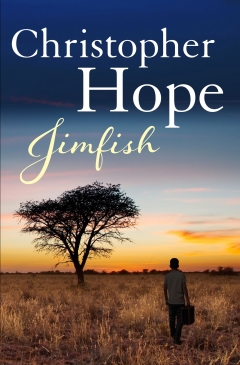 A strange young man emerges from the ocean in 1980s South Africa. Neither black nor white but a bit of both, with the blue tinge of the coelacanth thrown in, Jimfish is a problem for a country in which people are “coralled in a separate ethnic enclosures, colour-coded for ease of identification and tightly controlled” (p1). Nevertheless, he finds employment as a gardener under the tutelage of Soviet Malala until he’s caught “as tightly tangled as the tendrils of the strangler fig” (p7) with the police sergeant’s daughter, Lunamiel, and has to flee the country. His attempts to stay on “the right side of history” take him on an epic journey through Africa into Eastern Europe and back again. Everywhere he goes he encounters carnage and confusion (p123): The more he saw of the world, the less he understood. Worse still, what he did understand was so crazy, so cruel, that none of the lessons of his old teacher Soviet Malala seemed to apply; not rage nor the many sides of history, neither the lumpenproletariat, nor the settler entity. |
entertaining fiction about identity, mental health and social justice
Annecdotal is where real life brushes up against the fictional.
Annecdotist is the blogging persona of Anne Goodwin:
reader, writer, slug-slayer, tramper of moors, recovering psychologist, struggling soprano, author of three fiction books. LATEST POSTS HERE
I don't post to a schedule, but average around ten reviews a month (see here for an alphabetical list), some linked to a weekly flash fiction, plus posts on my WIPs and published books. Your comments are welcome any time any where. Get new posts direct to your inbox ...
or click here …
Popular posts
Categories/Tags
All
Archives
March 2024
BLOGGING COMMUNITIES
|
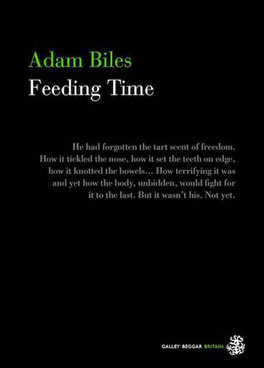
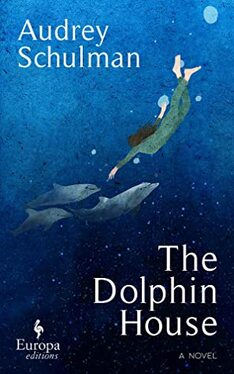
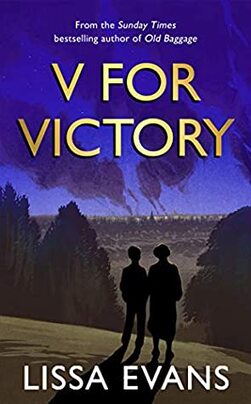
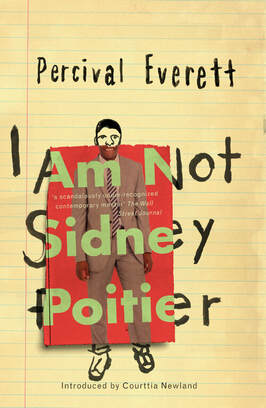
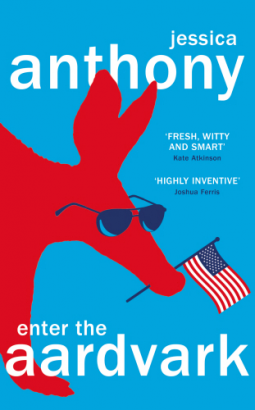
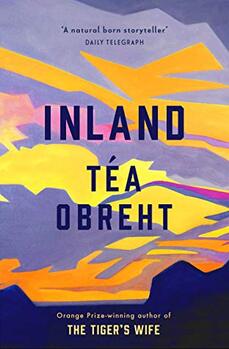
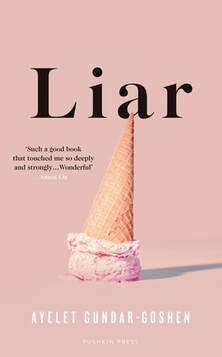
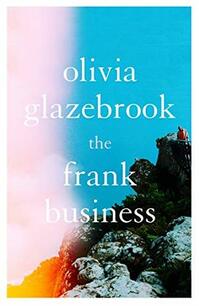
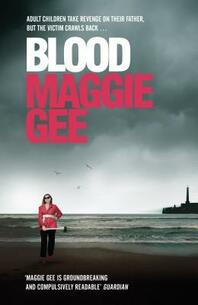
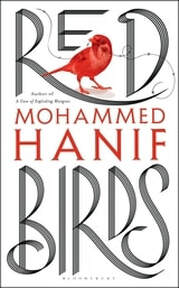
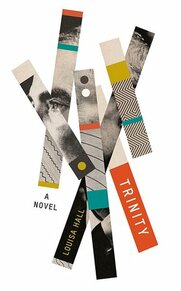
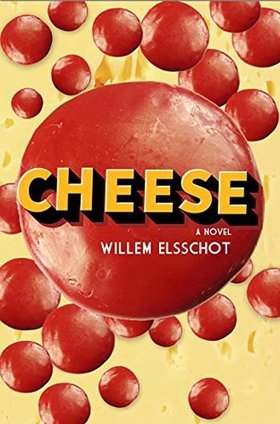
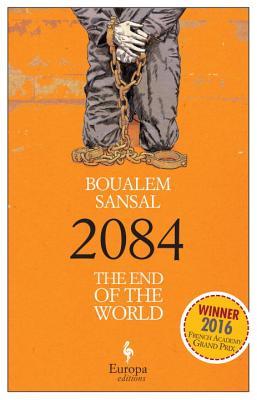
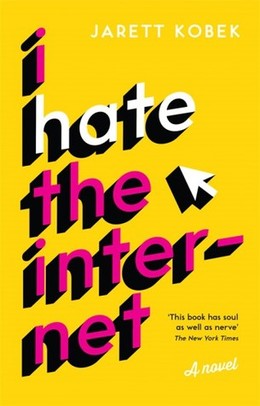
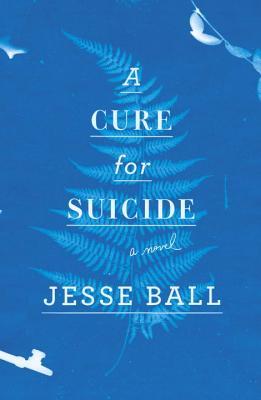
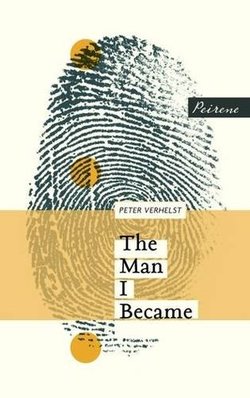





















 RSS Feed
RSS Feed





















